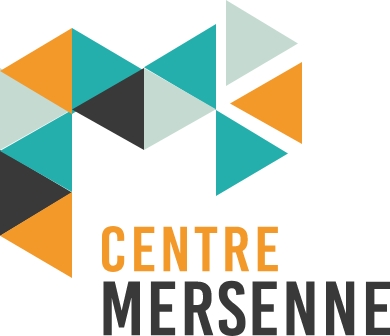The publishing agreement, also known as a publishing contract or copyright assignment contract, is an agreement between the journal (the legal entity producing the journal) and the article’s author. It defines, in a clear and unequivocal manner, which intellectual property rights are assigned to the journal.
Open access journals have no business relationships with their authors. However, they must define and specify which rights are assigned to the journal. For instance, in the case of dissemination on the Internet, the author may also grant the journal the right to disseminate the article online.
Please note that intellectual property laws include property and moral rights. Under French law, economic rights can be assigned. Moral rights cannot be assigned in full. Therefore, in France, the complete transfer of one’s copyright is not legal. According to the Intellectual Property Code, the right of authorship is “perpetual, inalienable and imprescriptible”. (Article L121-1 du Code de la propriété intellectuelle).
Who should sign a publication agreement?
On the author’s side
There is no need to sign a publishing agreement in the following cases:
- developer hired to develop software
- journalist
- public officials, except researchers. Indeed, any property rights on works created by a public servant within the framework of his functions and according to given instructions, are transferred to the public administration. Negotiations are possible in the case of commercial purposes. Researchers are not concerned and remain holders of their property rights.
For all other individuals, a copyright assignment contract must be drawn up. Researchers are therefore involved in a publishing agreement.
On the journal’s side
The contract is established between the author and the journal’s legal representative. For instance, for a research centre under CNRS supervision, the legal person is the CEO of the CNRS.
as explained by Céline Barthonnat, Cécile Beauchamps, Odile Contat, Anne-Laure Stérin and Céline Vautrin in their Recommandations et aspects juridiques relatifs à la création et à la diffusion d’une revue scientifique – V2 :
- “If the journal is produced by a research centre: the legal representative of the centre’s trusteeship entity (or one of its entities) signs the contract on its behalf;
- if the journal is produced by an association: the president of the association signs the contract on its behalf;
- if the journal is produced by the publishing company (public or private) which also distributes and sells the journal: the publisher’s legal representative signs the contract. Note that this is the case where the publishing company is responsible for the scientific content of the journal”.
Publishing agreements: mandatory information
The author has legal rights over his work. A publisher may not publish a text without the author’s consent. As a result, the author must grant his publisher the right to distribute his work, to adapt it to the chosen medium, etc. This agreement is made formal in a copyright assignment contract or publishing contract.
The copyright assignment contract must be made in writing. It must include some mandatory information:
- the rights assigned: reproduction, adaptation, distribution, representation, modification, translation, etc.
- the scope, purpose, location and duration of the rights assigned
- the method of calculation and payment of the assigned right
What questions should be asked?
When drafting a copyright assignment contract, the following issues should first be clarified:
- Who is the journal’s legal representative?
- What will the editor be allowed to do with the publication? Translate it? Modify it? Edit the page layout? Distribute it on the Internet? Print it out on paper? Sell it?
- Which public copyright licence should I choose? All rights reserved? A Creative Commons license? If so, which one?
- Are the rights assigned for a given period?
- Will the work be distributed on the Internet? If so, do not impose a distribution platform.
- Is the agreement exclusive? The agreement must specify whether the assignment is exclusive or not. A non-exclusive licence agreement allows the author to distribute his work in parallel or to grant the right of distribution to another editor.
- Is the copyright assignment free of charge? is it compensated? If compensated, is it a flat rate or is it on a pro rata basis of items sold?
- In case of co-authors, should there be one contract per author? a single contract per publication which all authors must sign? It is possible to appoint an author to represent the others. He may sign in place of all co-authors provided he has obtained their written consent.
Some examples of copyright assignment contracts
Several templates of contracts adapted to open access public publishing:
- Templates available on the Ouvrir la Science website. These templates can easily be adapted to each journal’s needs.
- The Urfist also provides a copyright toolkit which allows journals to create, step by step, their own copyright assignment contract according to their needs.
- Cambridge University Press publishing agreement
- Elsevier publishing agreement, its licence agreement and copyright policy.


